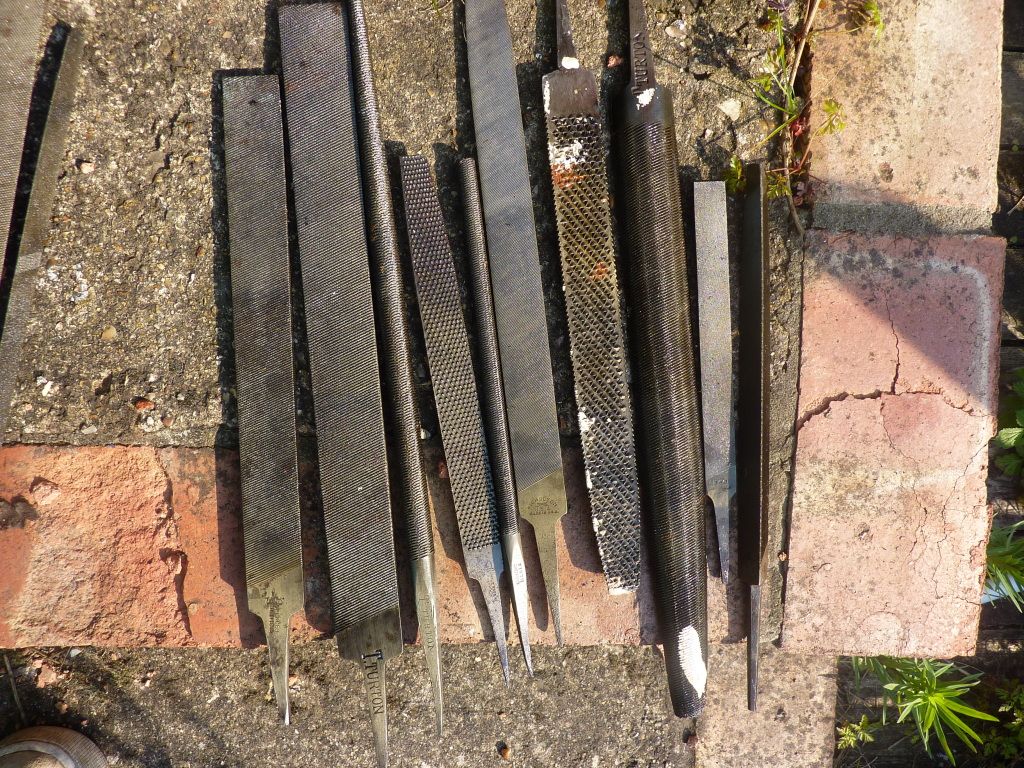I have done some work with phosphoric acid, electrolysis and the chelating rust removal. Although my results aren't Quantitative, I have made the following observations:
Electrolysis - easy to set up with minimal cost (old phone charger, two crocodile clips, tin can, spoon of bicarb.). Rust removal is good, leaves behind a black iron oxide coating which is prone to flash rusting if not coated immediately with oil. Needs plenty of polishing to restore a shiny surface if that's what you want.
Phosphoric acid - quick and effective, but needs to be watched as the acid doesn't distinguish much between rust and steel. This may be because I had access to conc. phosphoric acid. Leaves behind a grey coating which is robust and doesn't rust, but needs plenty of polishing to restore a shiny surface. Obviously some hazards associated with corrosive acids.
Chelating approach - fiddly or expensive, quick, good rust removal without etching the steel. Requires minimal polishing to leave a shiny surface. Not prone to flash rusting. Not particularly corrosive, but makes your microwave smell a bit temporarily.
Left a file in the chelating mix over the weekend to see what happens. The rust was removed, but there doesn't seem to have been any observable etching of the good steel underneath.





